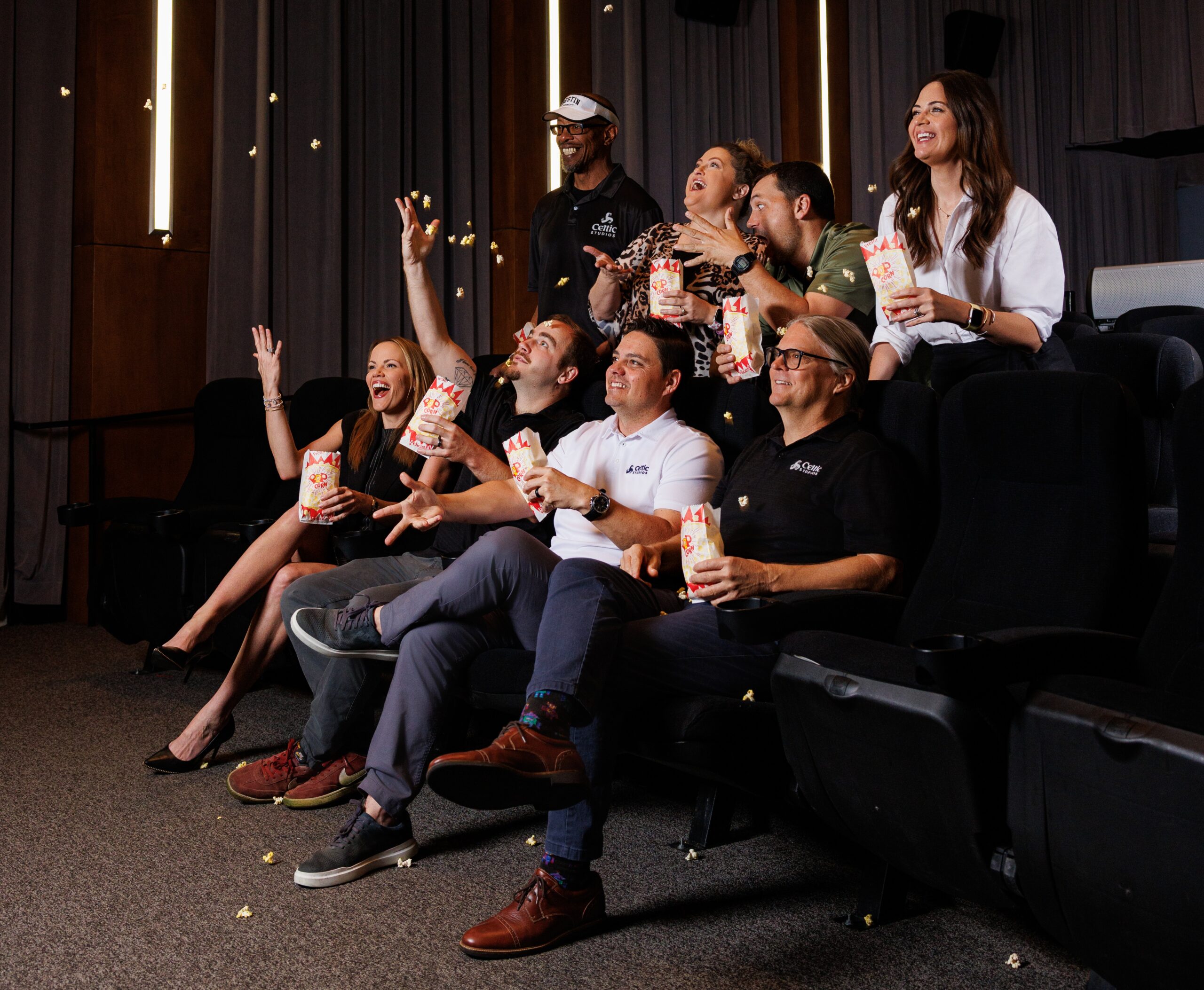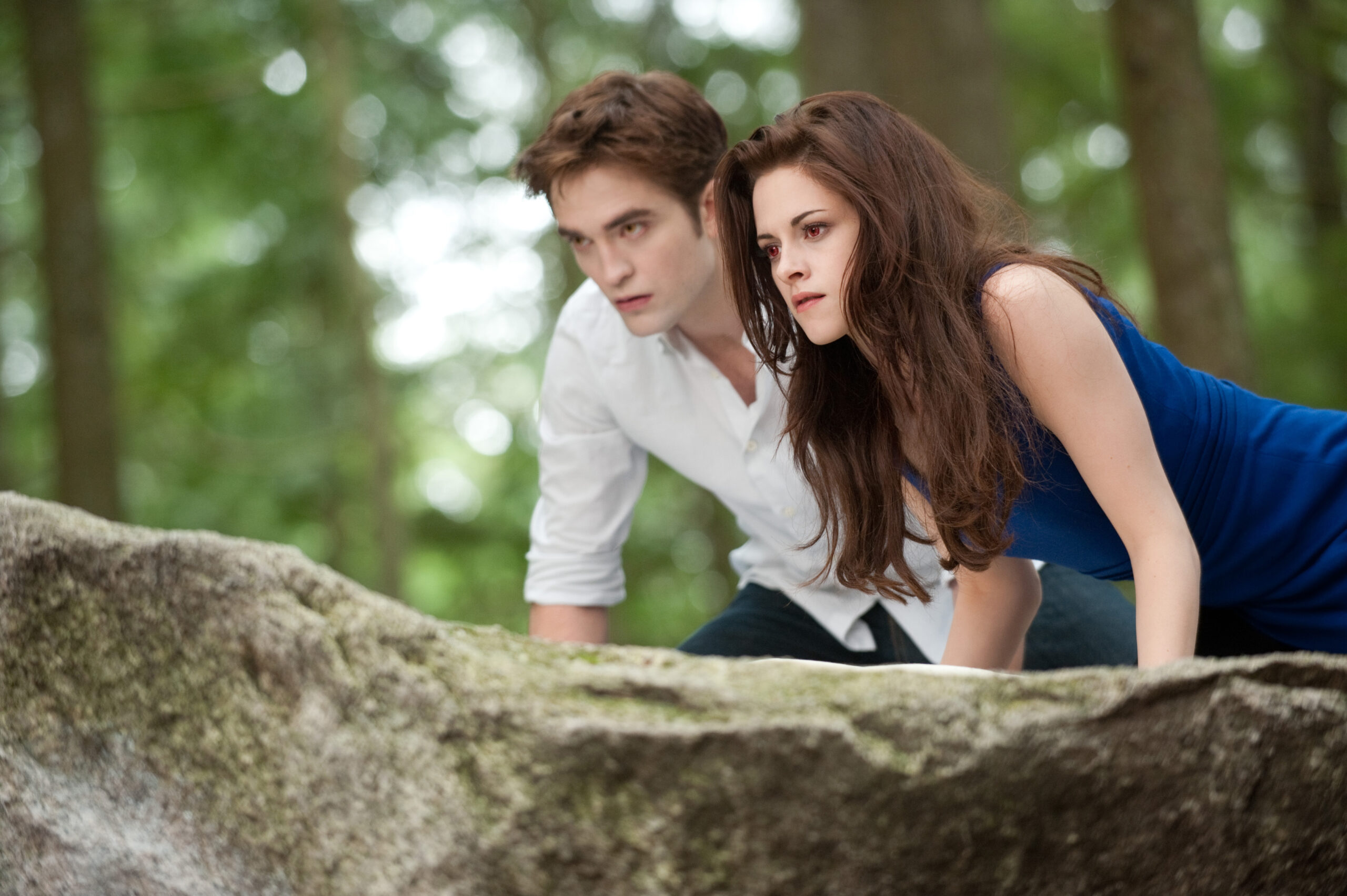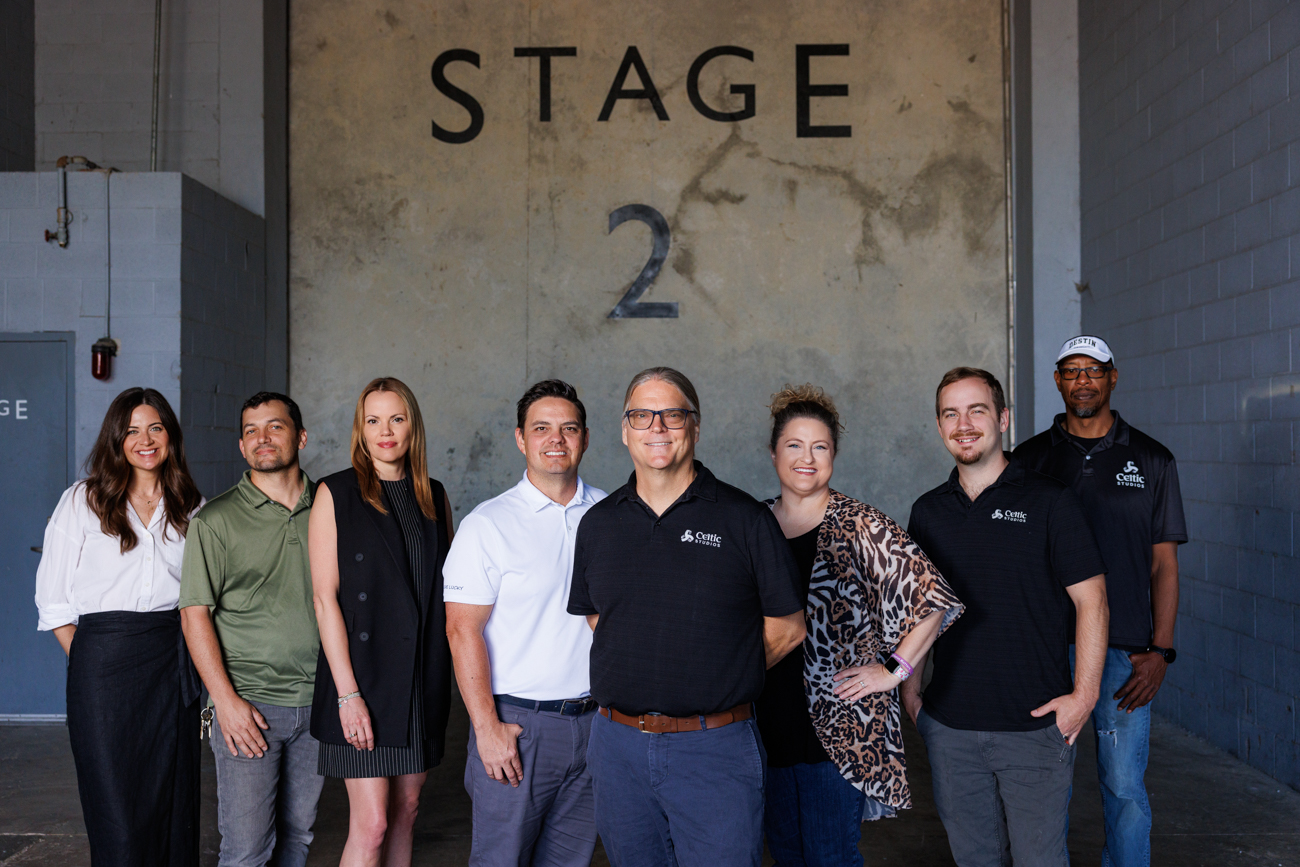
How Celtic Studios became the hub for film production in the Capital Region
Celtic Studios has played host to a wealth of different projects in the past two decades since breaking ground in Baton Rouge. Tucked off of Bluebonnet Boulevard and Airline Highway, the studio has grown from a single sound stage to seven that span across 29 acres.
Described as an entrepreneur’s entrepreneur, Irish immigrant Brendan O’Connor was reportedly inspired to start Celtic Media Centre—now known as Celtic Studios—in Baton Rouge after running into the Failure to Launch production team while they were shooting in Harahan in 2005.
O’Connor was familiar with Master P’s abandoned-and-unfinished music studio off Bluebonnet Boulevard, and soon after he negotiated deals utilizing tax credits from the state to start renovating the property into a sound stage for film production.
|
|

The first space, the O’Connor Building, opened in 2007. Smaller independent productions were among its earliest clients. After opening additional buildings from 2008-2010, it started to attract larger film and television projects.
Negotiations with Pirates of the Caribbean: On Stranger Tides—which ultimately booked London for shooting—helped stir buzz for Celtic. Soon, it attracted major motion pictures like Battle: Los Angeles and The Twilight Saga: Breaking Dawn.
Grossing $212 million at box offices worldwide, Battle was then Louisiana’s largest production since All the King’s Men was shot before Hurricane Katrina, according to Patrick Mulhearn, an industry consultant who served as executive director of Celtic Studios from 2009 to 2017.
“From 2010 to 2011, the studios felt like a small town,” Mulhearn says today.

The film industry in Louisiana kept its accelerated rate of growth until 2015, when the state capped its film tax credits. The studios would sit empty for a year before being called to play host to evacuees seeking shelter from the region’s August 2016 floods.
Today, Celtic remains one of the country’s largest design-built sound studios. Its sister company, Celtic Marine and Logistics, also turns 40 this year. Both entities are owned by O’Connor’s son, Michael O’Connor.

“I’m proud of Celtic Studios’ 20-year contribution to Louisiana’s film industry, promoting job creation, positive economic impact and creativity.“
—Michael O’Connor.
“I’m proud of Celtic Studios’ 20-year contribution to Louisiana’s film industry, promoting job creation, positive economic impact and creativity,” Michael says.
The future looks bright, according to Cory Parker, an industry veteran who took the helm in 2024 as Celtic’s executive director. Drama-thriller Mercy Mercy Me just wrapped up shooting in March.
“We’re in discussions with a large feature film that could begin very soon,” Parker says. “We also have three independent films we’re in talks with. … Our team’s dream is to continue down the same path for film production.”
Extra footage
Fun facts about Celtic Studios

• With a 70-foot peak, Stage 5 has one of the tallest peaks in North America and is modeled after Rome’s Cinecittà, the largest film studio in Europe.
• The first building, Stage 2, was once designed as Master P’s basketball court for his record studio.
• The studios originally opened as Raleigh Studios Baton Rouge at the Celtic Media Centre. Celtic parted ways with Raleigh to rebrand and manage itself in 2013.
• Parts one and two of Breaking Dawn were shot as one production project.
• Stage 4, one of the stages where Breaking Dawn was filmed, was later briefly converted into pickleball courts.
This article was originally published in the June 2025 issue of 225 Magazine.
|
|
|

